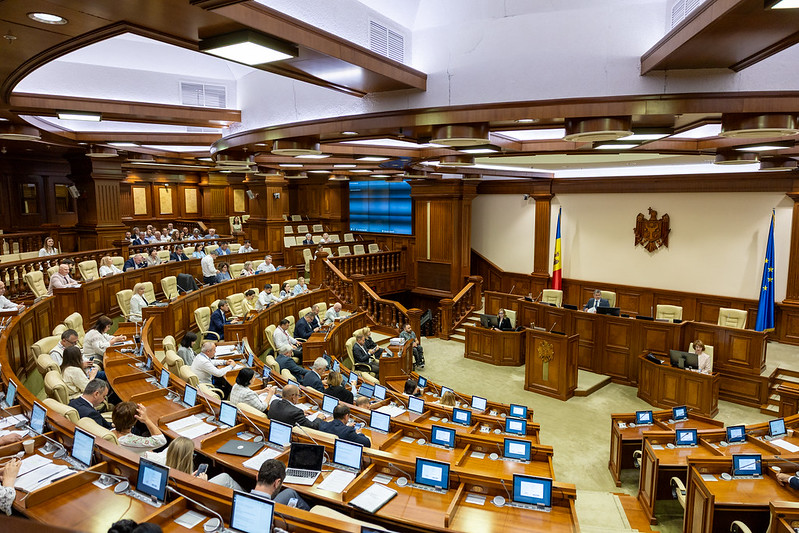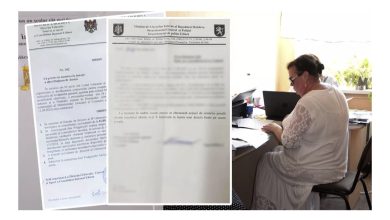Regulation of state advertising, voted by the Parliament in first reading

The MPs promoted in the first reading the draft amendment to the Law on advertising, which mainly involves the regulation of state advertising. The initiative was supported by 55 votes.
Media Azi has previously written about the fact that the draft law was registered in the Parliament on May 29 and aims to align the legislation in this field with the standards of the European Union. According to the informative note on the document, the changes are necessary because the current legal framework does not regulate state advertising, which generates several shortcomings. They are in contradiction with EU rules, which require transparency and non-discrimination in the allocation of public funds for advertising, and damage public trust in the media sector.
Thus, the voted amendments provide for the introduction of the concept of “state advertising” and its regulation by a new chapter in the law. State advertising is defined as the placement, promotion, publication or dissemination, in any media service or online platform, of a promotional or self-promotional message or public announcement or information campaign, normally in exchange for payment or remuneration by, for or on behalf of a public sector entity. On the other hand, a “public interest message” is a public announcement or information campaigns aimed at promoting values, ideas and/or purposes of public or community interest, disseminated with a view to raising awareness, changing attitudes and social behavior, preventing and countering social vices.
Likewise, the list of “public sector entities” is expanded (to include authorities, public institutions and publicly owned companies) and criteria for the allocation of public funds are introduced. The initiative also involves the obligation of annual reporting by public sector entities and media service providers or online platforms on state advertising and public interest messages; monitoring by the Public Procurement Agency of procurement procedures for state advertising, with the publication of an annual report; planning public interest messages by drawing up an annual plan; clarifying the free dissemination of public interest messages only with the consent of the broadcaster.




